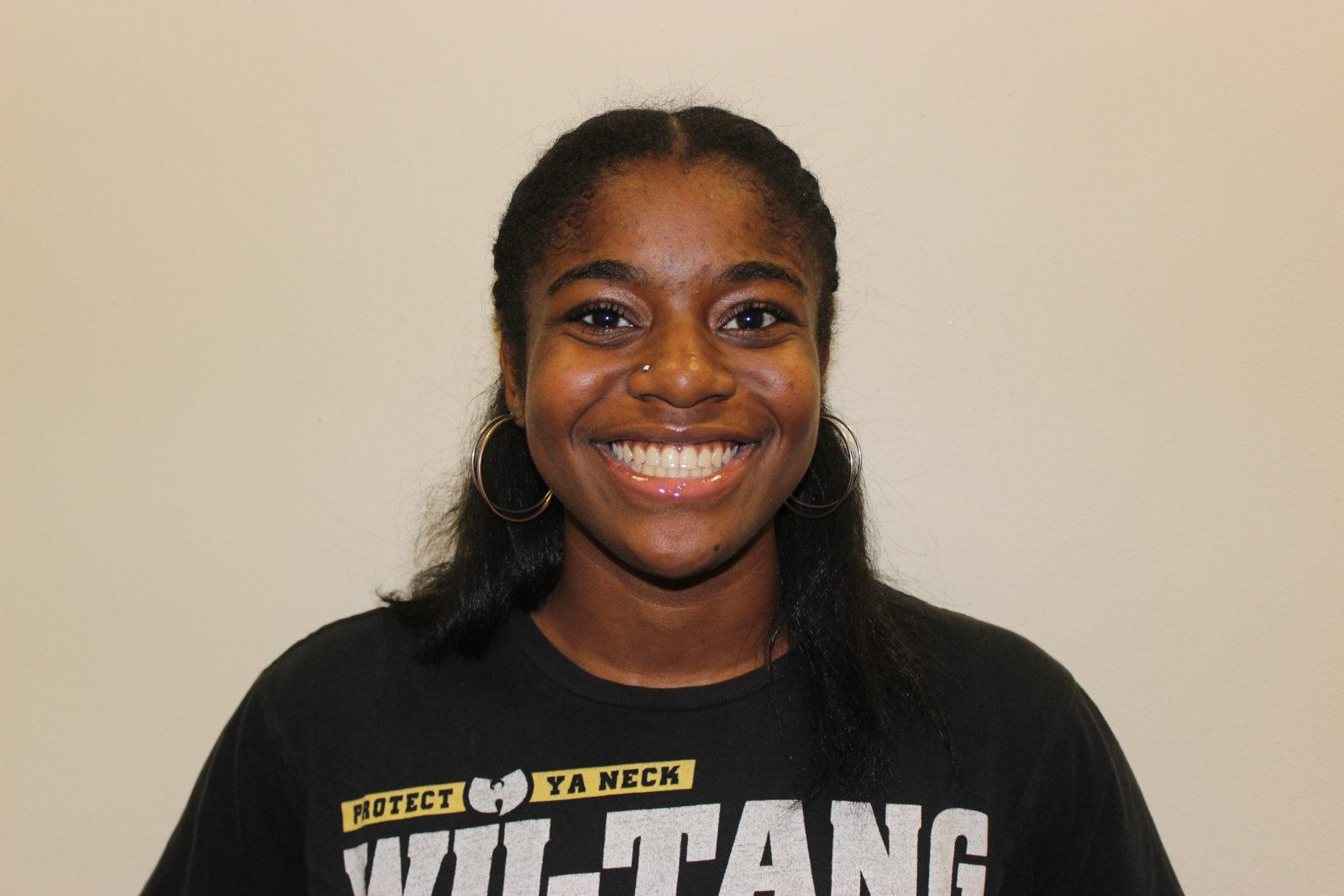I love an evil villain. I love a villain with no redeeming qualities — one that writers try to make it completely impossible to like. My favorite villain of all time is Darth Vader, and I mean before all that nonsense where he decided that he wanted to repent for his sins. Anakin Skywalker gives his soul to the dark side an empty-souled vessel of pure anger. Was he completely justified? Probably not.
My second favorite villain of all time is the Joker, specifically the one played by Heath Ledger. Even better than Darth Vader, there seems to be no reason he is a horrible person, other than a deep-seeded adoration for pure chaos. He basks in the horror of destroying normality. Unapologetically evil villains show the entire spectrum of humanity and contrast the idea that humans are inherently good. They expand the existing notions of what humanity can mean.
More importantly, I love an evil villain with a backstory. Anakin Skywalker was trying to save his mother and wife from death and destroyed the good in him from that. He killed children. He choked his pregnant wife. (It connects. Take a gander at the Star Wars prequels.) His backstory doesn’t justify his actions but it explains them.
The opening weekend of Marvel’s “Black Panther,” I watched the movie several times, having mild feelings for either side of the conflict to opine much about it. At first. Michael B. Jordan delivered a more than convincing performance as Erik Killmonger, and he’s undoubtedly one of the most gorgeous men to exist, so I expected myself to side with him. At the least, I expected to appreciate his character to an extent greater than my like for most others in the film. I didn’t.
Erik Killmonger was beyond evil, and for reasons that come closer to justifying his actions than many other antagonists. He was angry about Wakanda’s stupid isolationist policies. He was angry that Wakanda refused to help Black people around the world. He was angry because the king of Wakanda killed his father and left him to live in Oakland as a child on his own. He was angry that he found his father dead on the floor. He was angry about slavery. He was completely right, but nothing about him made him lovable.
I found myself cheering him on as he killed his girlfriend and his boss. I even half-cheered him on as he fought T’Challa for the throne of Wakanda, mostly due to him having his shirt off. I wanted so badly to side with him. He was filled with the unfiltered rage of Black Americans: He had seen his own mistreated and had no justice come from it — at the very least from his father. I wanted to support him because I could relate to him. He was wrong about most things he was talking about, but he stood by them and I could relate to that. He was supposed to represent me, but I realized that I could not wholeheartedly support him for a single reason: he was Black. I didn’t want to love an angry, harmful Black man. I wanted someone to fix him — I wanted someone to save him from himself. He choked one Black woman, who was just trying to explain something to him, and my impending love for him dissipated.
It’s not at all fair that my mind won’t love him, but there was nothing more painful to watch than that scene. It was just the dynamic of a strong Black man hurting a helpless, elderly Black woman that could never sit right with me. Black women were portrayed as strong and powerful soldiers who could protect themselves in the majority of the movie, but the one who really needed help was not covered. Killmonger crossed a line in me that I’d never experienced, and he hurt someone who reminded me of me.
I think my real problem isn’t that he is someone who looks like me and he hurt someone who looks like me. I don’t think my real problem is that writers have defeated me and made a villain that it is impossible for me to like. I think my real problem is that my disagreeing with everything has finally hit its peak and I have nowhere to go now. Not only have I found a problem with Michael B. Jordan that surpasses the joke that he never wears clothes that fit him, but I’ve also found a personal problem with representation.



















































































































